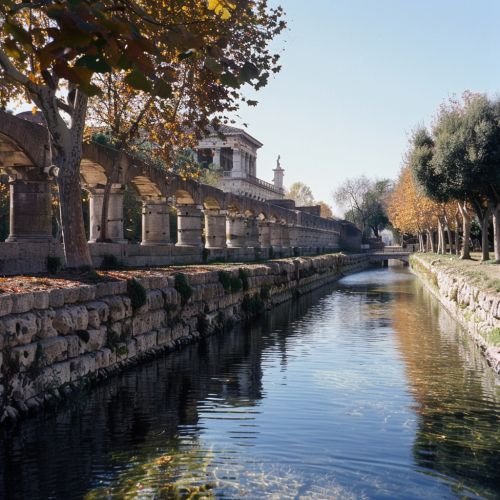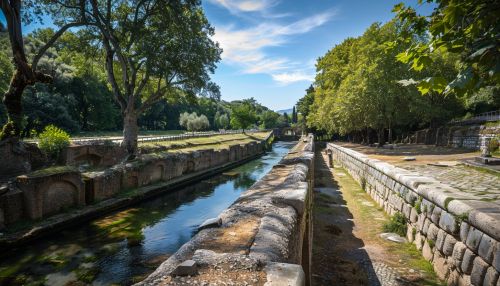Claudius
Early Life
Claudius was born on 1 August 10 BC in Lyon, Gaul (now France), to Drusus and Antonia Minor. His father, Drusus, was a son of Livia, the third wife of Emperor Augustus, and his mother, Antonia, was the youngest daughter of Marc Antony and Octavia Minor, Augustus' sister. Therefore, Claudius was a member of the Julio-Claudian dynasty, the first imperial family of Rome.


Claudius was afflicted with several physical ailments, including a limp and a slight deafness due to sickness at a young age. These physical conditions, however, did not prevent him from pursuing a career in public service and the military.
Rise to Power
Claudius' ascension to the throne was unexpected. His family never considered him a serious candidate for the throne because of his physical ailments and generally reserved demeanor. However, after the assassination of his nephew, Caligula, in 41 AD, the Praetorian Guard declared Claudius Emperor. His reign would last from 41 AD to 54 AD.
Reign
Claudius proved to be an efficient and effective ruler despite the doubts of his contemporaries. He undertook several building projects, including the construction of a new harbor at Portus and the aqueducts Aqua Claudia and Anio Novus. He also expanded the Roman Empire, annexing several territories including Thrace, Lycia, Mauretania, and most notably, Britannia.


Death and Legacy
Claudius died on 13 October 54 AD, possibly poisoned by his wife, Agrippina the Younger, to ensure the ascension of her son, Nero, to the throne. Despite the circumstances of his death, Claudius left a lasting legacy. His conquests expanded the Roman Empire, and his administrative reforms improved the government's efficiency.
